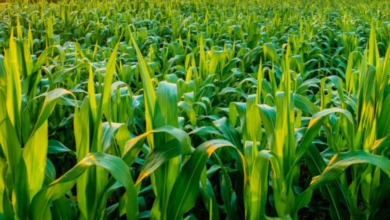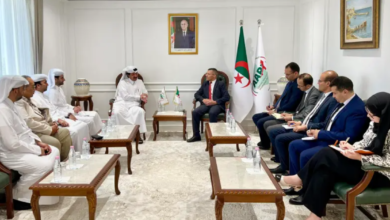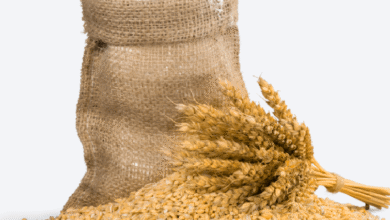
Africa’s Agricultural Future Is in Capable Hands: Will Our Leaders Seize the Moment?
As Permanent Secretaries from across the continent gathered in Lusaka on the 10th April, for what was billed as a “leadership dialogue,” Estherine Lisinge-Fotabong, Director of Agriculture, Food Security and Environmental Sustainability at AUDA-NEPAD, stepped up to the podium and issued a powerful reckoning: Africa’s Agriculture has potential—and the very people who can accelerate it are in the room!
For over two decades, the Comprehensive Africa Agriculture Development Programme (CAADP) has been the continent’s flagship for food security and agricultural growth. There have been wins—boosts in productivity, better trade integration, and more investment. But Lisinge-Fotabong didn’t come to Lusaka to applaud the past. She came to sound the alarm.
“We Will Miss the Malabo Targets—and That’s on Us.”
With 2025 around the corner, the stark truth is this: Africa will not meet the promises made under the 2014 Malabo Declaration. From financing gaps to fragmented policies, from climate shocks to political inaction, the structural cracks are widening.
But the real alarm? We know exactly what needs to be done.
A Blueprint Ignored
Lisinge-Fotabong laid out the cold facts and the warm truths: CAADP is still a powerful tool, but it needs fuel—country ownership, real implementation, and above all, bold leadership. She stressed that policy papers and lofty plans mean nothing if they’re not rooted in national systems, budgets, and cross-sectoral coordination.
And the private sector? “Engage them not as spectators, but as partners,” she urged. The Kampala Agenda, freshly adopted by African Heads of State, gives a new direction—but it demands action, not applause.
The Real Power in the Room
Her message to the Permanent Secretaries was pointed: “You are not just technocrats. You are gatekeepers. You are nation builders.”
The success of the Kampala Agenda doesn’t hinge on Presidents or Development Partners—it hinges on whether Permanent Secretaries can translate ambition into action.
She asked tough questions:
- Why hasn’t agriculture received the investment it deserves?
- Why do we keep planning without delivering?
- How do we make agriculture resilient in a world rocked by climate, conflict, and economic volatility?
A Moral Call to Action
This wasn’t a policy briefing—it was a plea to conscience. A demand for urgency. A challenge to the bureaucratic comfort zone.
“Africa’s farmers, its’ youth, and its’ women cannot eat commitments. They need delivery.”
The dialogue in Lusaka wasn’t just about agriculture. It was about political will, institutional courage, and the ethical responsibility to lead when it matters most.
The Kampala Agenda could be a turning point. Or it could be another missed opportunity.
It all depends on what happens after Lusaka.
Source:https://www.nepad.org








